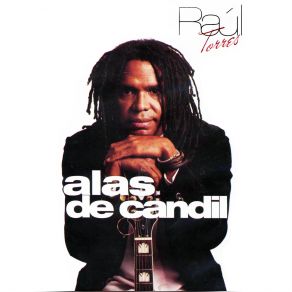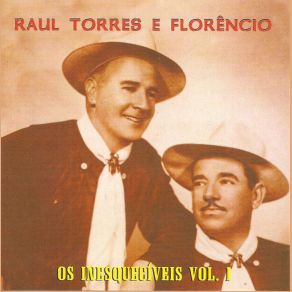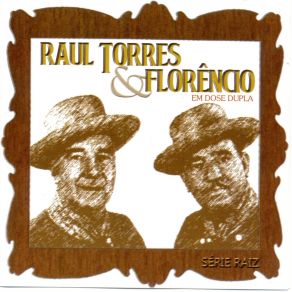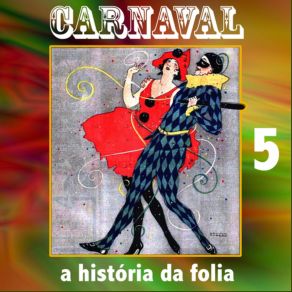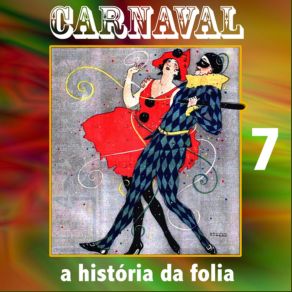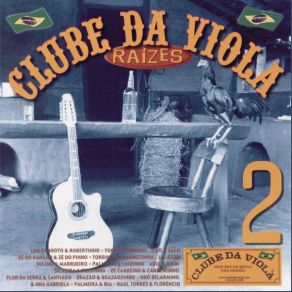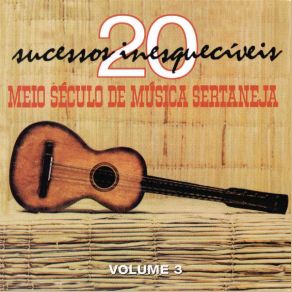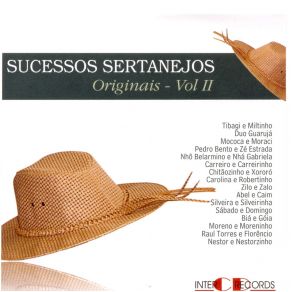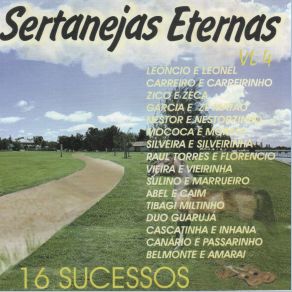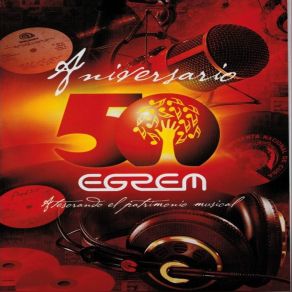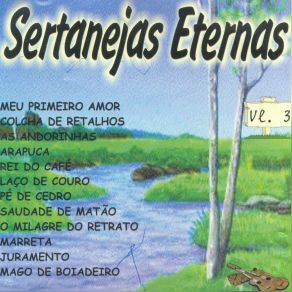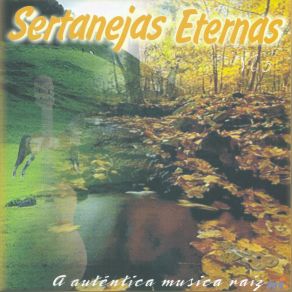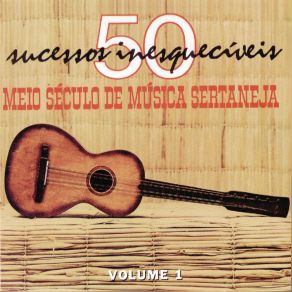Raúl Torres / Raul Torres
Wikimp3 information about the music of Raúl Torres / Raul Torres. On our website we have 10 albums and 18 collections of artist Raúl Torres / Raul Torres. You can find useful information and download songs of this artist. We also know that Raúl Torres / Raul Torres represents World Music genres.
Biography
[Edit]One of the most successful "caipira" (hillbilly) artists of the '30s and '40s, Raul Torres left 456 interpretations recorded on more than 200 78 rpm records and six LPs. Torres was the first caipira artist to record accompanied by an orchestra (around 1960 with Maestro Poly as orchestrator). A versatile interpreter and composer, he was considered the Ambassador of the Embolada for his mastery of this genre, having his biggest hits with "Pisei no Rabo do Tatu" (1933) and "Sururu no Galinheiro" (1934). Some of his biggest hits (as interpreter and/or songwriter) were "Jacaré no Caminho," "Não Zanga Comigo" (Nair Mesquita), "Boi Amarelinho," "Meu Cavalo Zaino," "Saudades de Matão" (lyrics), and "Moda da Mula Preta." Torres also recorded 39 songs with his partner, João Pacífico, several of them all-time hits like "Chico Mulato," "Cabocla Teresa," "A Mulher e o Trem," "Cadê Minha Morena," "No Mourão da Porteira," "Pingo D'Água," and "Perto do Coração" (even if this partnership is considered spurious by some). His classic "Mestre Carreiro" was interpreted in the film Sertão em Festa (Osvaldo de Oliveira, 1970) by Tião Carreiro e Pardinho. Around 1950, all artists of the caipira genre had already recorded Torres' compositions, and so did contemporary stars like Leandro e Leonardo and Chitãozinho e Xororó. Tonico e Tinoco, one of the most important duos of the genre, recorded Torres' songs so frequently that Warner released the CD Tonico e Tinoco Recordando Raul Torres.
The son of poor Spanish emigrants, as a boy Torres was a regular at the Negro's batuques and congadas of his hometown, a conspicuous influence in his later work. He debuted on the radio in 1927 on Rádio Educadora Paulista and Rádio Cruzeiro do Sul, a year in which he also recorded his first album (for Brasilphone) with two of his songs, the embolada "Segura o Coco, Maria" and the samba "Verde e Amarelo." Torres participated under the pseudonym of Bico Doce, three years later, in the historic independent production — the first one in Brazil — realized by Cornélio Pires for Columbia, interpreting "Galo sem Crista," "Gavião de Penacho," "Que Moça Bonita," and "Reculutamento." With his group Raul Torres e sua Embaixada, Torres performed in Paraguay in 1935. Through the influences received in that country, he introduced the Paraguayan culture to caipira music. Torres even claimed he was the first Brazilian to write rasqueados. He would return to Paraguay in 1944 and 1950.
With his success, he also became a requested artist in Rio de Janeiro, where he performed with the greatest artists of the time: Lamartine Babo, Francisco Alves, Sílvio Caldas, Jaime Vogeler, Noel Rosa, and Moreira da Silva, among others. In 1935, his batucada "A Cuíca Tá Roncando" became the Carioca Carnaval hit of the year and was awarded in Portugal. Six years later, the song became the title of a theater show staged by Araci Cortes and Oscarito's company.
In 1937, Torres began a successful partnership with his nephew, Antenor Serra, (the Serrinha), recording, among other hits, "Cigana," "Meu Cavalo Zaino," and "Boiada Cuiabana." The duo broke up in 1942 due to constant disagreements. Soon after that, Torres and Florêncio (João Baptista Pinto) started a very influential duo. The two of them (who had already recorded two songs together in 1932) and an accordion player (José Rielli, replaced by Castelinho, who was replaced by Emílio Rielli Filho) had the very successful show Os Três Batutas do Sertão at Rádio Record. The trio recorded the album O Maior Patrimônio da Música Sertaneja just a few days before Torres died in 1970.
Title: Os Inesquecíveis Vol. I / Os Inesqueciveis Vol. I
Artist: Raúl Torres / Raul Torres, Florêncio / Florencio
Genre: Latin
Collections
Title: Sucessos Sertanejos Originais, Vol. 2
Genre: Latin
Title: A Fonte do Sucesso: 14 Sucessos Sertanejos, Vol. 2
Genre: Latin
Title: Sucessos Sertanejos Originais, Vol. 3
Genre: Latin
Title: Sensualidad
Title: Os Gigantes da Viola, Vol. 1
Genre: Latin
Title: Gigantes da Viola
Genre: Latin
Title: A Fonte do Sucesso: 14 Sucessos Sertanejos, Vol. 3
Genre: Latin
Title: Sertanejas Eternas, Vol. 4
Genre: Latin
Title: Duplas Famosas
Genre: Latin
Title: Estradão Sertanejo
Genre: Latin
Title: Duplas Famosas Vol. 1
